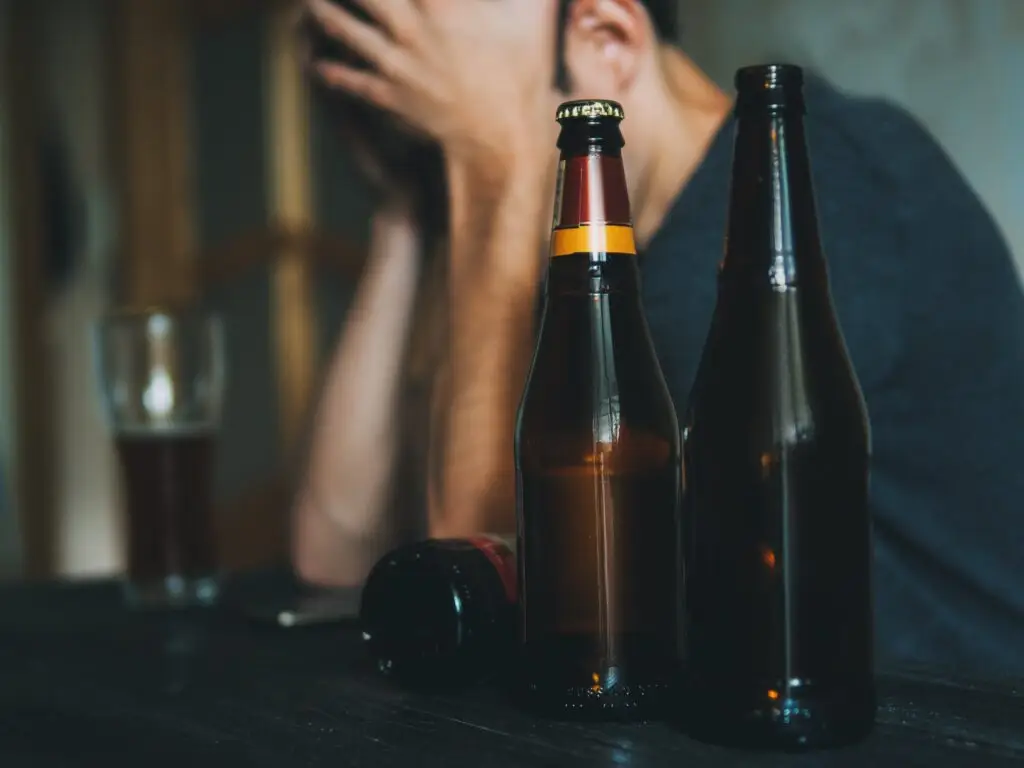The journey to recovery from addiction often requires a personalized and comprehensive approach. While Suboxone is well-known for its effectiveness in treating opioid addiction, questions arise about its potential use in addressing alcohol addiction. In this article, we will explore the nature of alcohol use disorder, the role of Suboxone in treating addiction, and whether it can be a viable option for individuals seeking recovery. Etowah Recovery Center, based in Atlanta, Georgia, is committed to providing tailored addiction recovery services to support individuals on their path to healing.
What Is Alcohol Use Disorder?
Alcohol Use Disorder (AUD) is a chronic condition characterized by an inability to control or stop drinking despite adverse consequences. It can manifest as a range of symptoms, from mild to severe, impacting various aspects of an individual’s life, including relationships, work, and overall well-being. Recognizing the signs of AUD is crucial for early intervention and effective treatment.
Can Suboxone Be Used to Treat Alcohol Addiction?
Suboxone, a medication combining buprenorphine and naloxone, is primarily known for its success in treating opioid addiction. Buprenorphine, a partial opioid agonist, helps manage withdrawal symptoms and cravings, while naloxone prevents misuse. So, can Suboxone be used to treat alcohol addiction? While Suboxone is not specifically designed for alcohol addiction, some studies and clinical experiences suggest potential benefits in certain cases.
Can Suboxone Help Alcohol Withdrawal Symptoms?
While Suboxone is not a direct treatment for alcohol addiction, some research indicates that it may have a role in managing alcohol withdrawal symptoms. Buprenorphine, the primary component of Suboxone, interacts with opioid receptors in the brain, influencing the release of neurotransmitters. This interaction may help alleviate some of the discomfort associated with alcohol withdrawal, potentially making the process more manageable.
However, it’s essential to note that Suboxone is not a one-size-fits-all solution for alcohol withdrawal, and its effectiveness can vary from person to person. The decision to use Suboxone in the context of alcohol withdrawal should be made by qualified medical professionals based on a thorough assessment of an individual’s unique needs and circumstances.
How Is Alcohol Addiction Treated?
Seeking professional guidance is crucial for individuals struggling with alcohol addiction. Etowah Recovery Center in Atlanta, Georgia, provides comprehensive addiction recovery services tailored to address the specific needs of each individual. The next steps towards recovery may include:
- Comprehensive Assessment: A thorough evaluation by experienced professionals to understand the extent of alcohol use and any co-occurring conditions.
- Individualized Treatment Plan: Crafting a personalized treatment plan that may include evidence-based therapies, counseling, and, if deemed appropriate, medications.
- Medical Supervision: For individuals experiencing alcohol withdrawal, medical supervision is crucial to ensure safety and manage symptoms effectively.
- Holistic Approaches: Incorporating holistic approaches such as mindfulness, nutrition, and lifestyle changes to promote overall well-being.
Find Treatment in Atlanta, GA
In conclusion, while Suboxone is not a direct treatment for alcohol addiction, it may have a role in managing alcohol withdrawal symptoms in certain cases. The decision to use Suboxone should be made by qualified healthcare professionals after a thorough assessment of an individual’s unique circumstances. Etowah Recovery Center stands ready to provide the necessary support and guidance for individuals seeking recovery from alcohol addiction, offering a path toward a healthier and more fulfilling life. Visit our admissions form today to get started.





